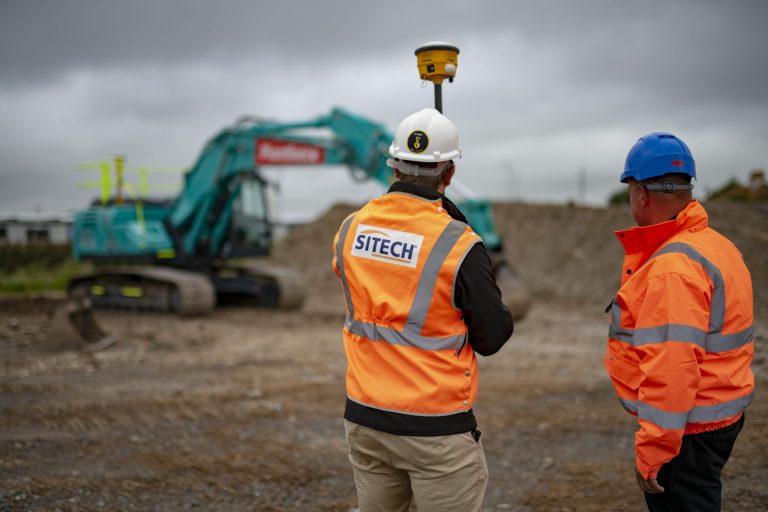You can’t imagine spending your life and your career behind a desk. Bringing your skills, knowledge and experience to bear on a diverse range of complex tasks is the only life for you. And it’s one that brings you enormous professional pride and satisfaction. Nonetheless, you’d be lying to yourself if you didn’t admit that it was a stressful, challenging and sometimes inhospitable working environment. And while every workplace can be challenging at times, the logistical, psychological, sociological and economic realities of the construction industry make for a unique combination of stressors. When working in the construction industry, it’s essential that you understand these stressors and guard against them for your personal health and professional efficacy. The unique problems of occupational stress in the construction industry The construction sector represents a very specific set of challenges in terms of stressors. It is an intensely physical environment, and one that’s often physically and psychologically challenging. Ordinarily, when employees find working environments stressful, they need to take time off to rest, recuperate and bounce back stronger. However, in the construction sector, studies have shown that while an overwhelming majority of construction industry professionals report heightened occupational stress, only 6% had taken time off a result of this. There could be a number of factors that explain why construction professionals are so loath to take the necessary time off to combat workplace stress; The construction industry is still overwhelmingly male. And in such an environment, displays machismo and strength may lead construction professionals to feel that taking time off is a sign of weakness. A substantial proportion of construction workers are self-employed contractors and lack the traditional safety net of sick pay and medical insurance that their salaried counterparts enjoy. Thus, they may be less willing to take time off for fear of costs or monetary loss. They may also feel that if they are perceived as taking too much time off that they could lose a contract and / or be replaced on a job. Their professional pride makes them unwilling to take time to themselves when there is a task at hand. While all of the above are understandable, they must not be allowed to endanger the long term health and wellbeing of construction professionals. And in an age where almost 70% of construction professionals feel that they face increased stress, anxiety and depression as a result of working in the construction industry, this is potentially a ticking occupational time bomb. The trickling down of stress The economic realities of the construction industry can also exacerbate the stress felt by professionals at all levels. Construction industry has always been a highly competitive, low-margin industry and in an era where competition has become increasingly aggressive, it can feel as though every contract is hard won, and meeting every budget and deadline becomes a little more urgent. As such, the stress felt by firms and management can trickle down to professionals at all levels. And when you’re working in an industry like construction which involves skill and precision, an atmosphere of tension, stress and anxiety can lead to mistakes. Which in turn can damage the reputations of firms and lead to opportunity loss, recriminations and an even more intense working environment. Lack of support and stress relief at home Many construction professionals work long hours and content with a physically and intellectually demanding workload on a daily basis. And that combination is not always conducive to maintaining healthy, happy relationships at home. Interpersonal conflicts with partners and spouses or a lack of spousal support can compound the anxieties and frustrations of the workplace. All construction professionals need to have an outlet for stress relief, whether that’s hitting the gym after a long working day, betting on sports via a site like Borgata Online, playing video games, or simply taking a long walk or a jog. Unless stress is dealt with on a daily basis it can become cumulative and become chronic stress. Not only can this make construction professionals’ lives more difficult, it can also make them vulnerable to a range of some of our nation’s most serious chronic diseases. Chronic stress triggers the body’s inflammatory response. While this is usually a perfectly normal part of the healing process, when there are no injuries to heal, this inflammation can build up throughout the body, leading to an increased risk of hypertension (high blood pressure), heart disease, diabetes and even some forms of cancer among many others. What’s more, this risk is exacerbated even further if you have a diet that contains a lot of processed foods, especially processed meats like bacon, ham and salami which are also classified by the World Health Organization as group 1 carcinogens. That’s the same category as cigarettes!














